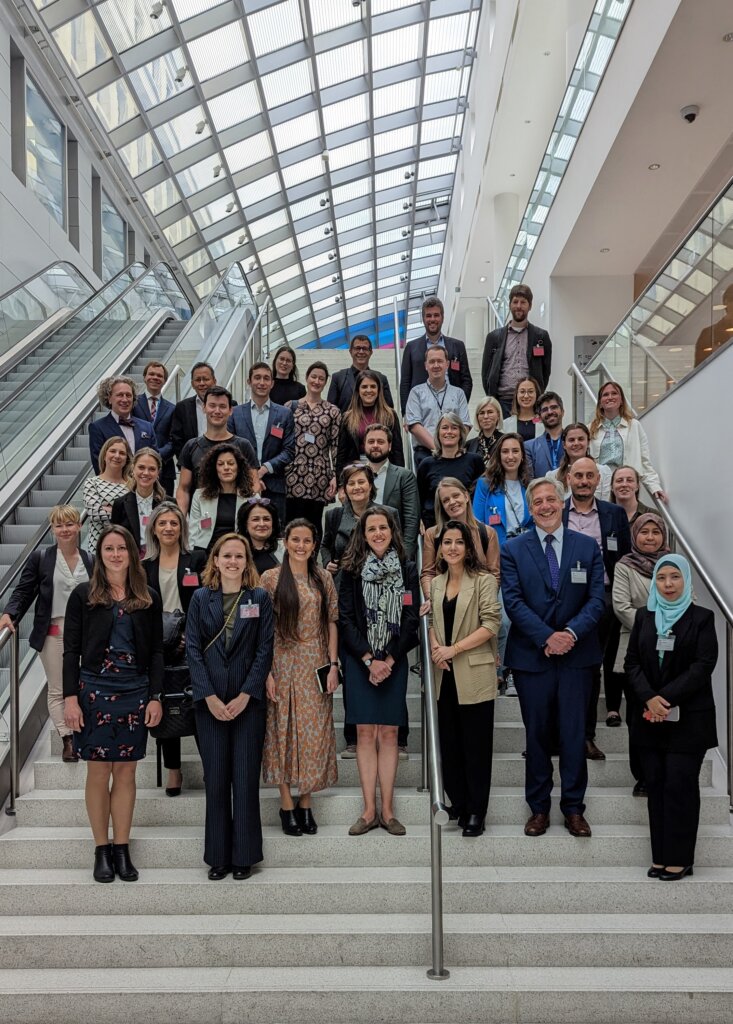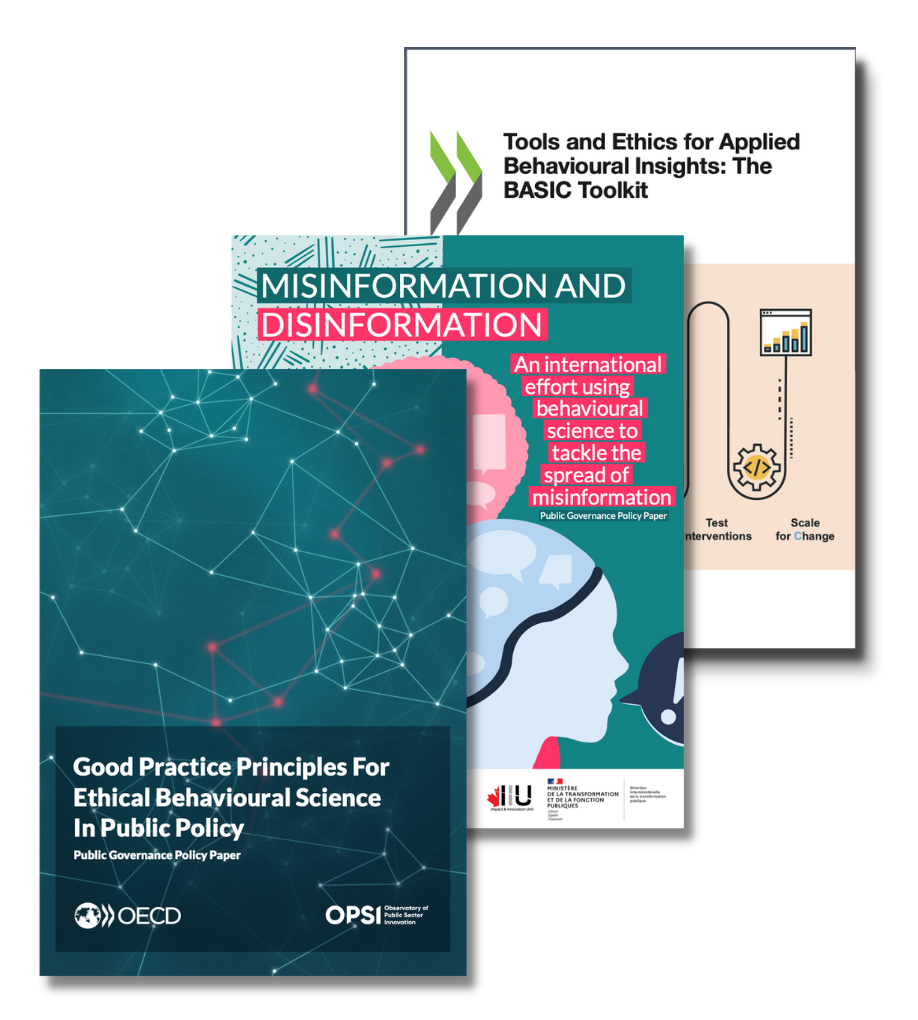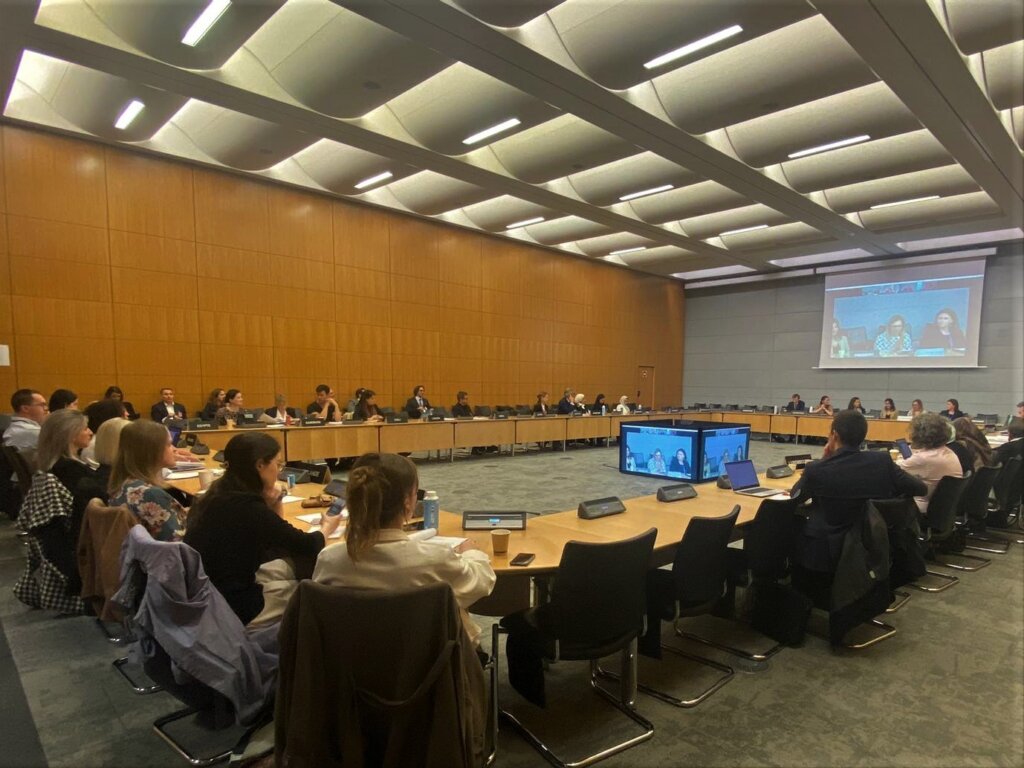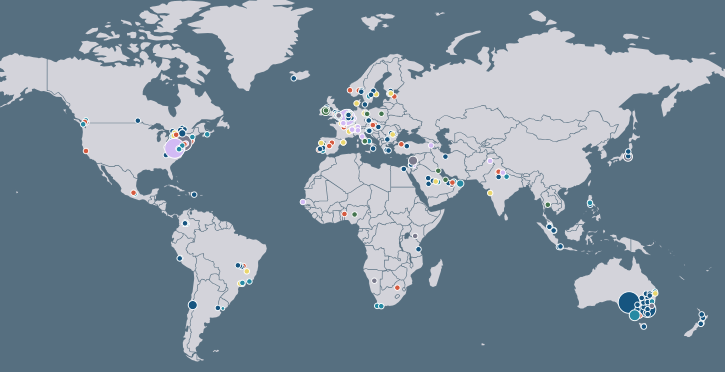
Publication
Improving Corruption Risk Management in the Slovak Republic:…
Published on 23 April 2024
This website was created by the OECD Observatory of Public Sector Innovation (OPSI), part of the OECD Public Governance Directorate (GOV).
Validation that this is an official OECD website can be found on the Innovative Government page of the corporate OECD website.

About Behavioural Insights
The OECD’s Behavioural Insights (BI) team provides a variety of services and expertise.
We foster an international network of behavioural science experts, practitioners and policymakers driving knowledge-sharing and best practices globally.
We develop guidelines, tools, standards and training to enable governments to use and better integrate behavioural science into public policy.
We provide expert behavioural advice to support governments interested in or applying BI to tackle domestic and global policy challenges.


Seven routes to experimentation: A guide to applied behavioural science methods. Policy makers often need evidence to support decision-making, but choosing the right method can be daunting due to personnel, time, and cost constraints. This guide simplifies this process. Created in collaboration with behavioural scientists at Affective Advisory and ETH Zürich, it offers guidelines and a visual roadmap to help policy makers choose the most fit-for-purpose evidence collection method for their specific policy challenge.
Good practice principles for ethical behavioural science in public policy. Like any policy-making tool, the use of behavioural insights must be subject to ethical considerations that can arise at any point from scoping to policy scaling. This good practice guide offers practitioners and policy makers step-by-step guidance to prompt deliberations into how to use behavioural science ethically for public policy. It is designed to be a practical resource to promote the responsible use of behavioural science in the public sector.
Misinformation and disinformation: An international effort using behavioural science to tackle the spread of misinformation. This study tested the impact of two behaviourally-informed interventions on intentions to share true and false news headlines about COVID-19 on social media: an attention accuracy prompt and a set of digital media literacy tips. The policy paper outlines key behavioural insights gained to help improve policy responses and stop the spread of mis- and dis-information. A collaboration between the OECD, the Canadian Privy Council’s Office’s Impact Canada (IIU) and the French Direction interministérielle de la transformation publique (DITP).
Want more on behavioural insights from the OECD? Take a look at our:
The OECD Network of Behavioural Insights Experts in Government
The OECD Network of Behavioural Insights Experts in Government, Co-Chaired by Canada, France, and the United States, is comprised of over 100 government officials working on behavioural insights initiatives in over 50 countries, including OECD Member countries and non-member countries. The informal Network fosters the exchange of good practice and mutual learning among policymakers and builds upon the longstanding partnership of the OECD with the international BI community in government and bilaterally.


Behavioural Insights Knowledge Hub
The OECD Behavioural Insights Knowledge Hub is a dedicated place to explore the international BI community. Our Interactive BI Unit Map features global BI units working directly with governments to implement BI approaches.
Further explore the work of BI units through the OECD BI Project Repository, featuring on-going and completed BI projects, applied across all policy areas and using a variety of BI tools and experimental methodologies.
Join the growing international BI community by adding your unit or project to the OECD BI Knowledge Hub!